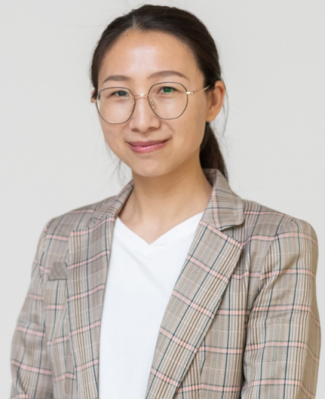报告人:Sai Sun (Assistant professor), Tohoku University
时间:2024年4月12日(周五)14:00-15:30
地点:线上,腾讯会议室390-867-060

报告人介绍:Dr. Sai Sun is currently serving as a tenure-track assistant professor at Tohoku University in Japan, a position she has held since 2020. She is also a fellow of the Tohoku Initiative for Fostering Global Researchers for Interdisciplinary Sciences. Prior to this role, she worked as a postdoctoral researcher at Caltech from 2017. Dr. Sun got her PhD in Psychology from South China Normal University in Guangzhou. Her research interests lie at the intersection of psychophysics, social-cognitive neuroscience, neuroeconomics, and neuromodulation. In recognition of her contributions to the field, she was honored as a Prominent Researcher at Tohoku University in 2022 and received the Outstanding Young Researcher Award in 2023. Dr. Sun's research is supported by various funding sources including JSPS Kakenhi, the Young Leader Overseas Program, and the Creative Interdisciplinary Program at Tohoku University.
报告内容:The ability to recognize subtle emotions through facial expressions, anticipate emotional outcomes, and adjust behaviors accordingly is crucial for effective social communication. This process entails the interplay of bottom-up and top-down processes, potentially engaging a distributed network of the amygdala and prefrontal cortex. Neurodevelopmental disorders such as autism and neuropsychiatric conditions like schizophrenia often manifest as altered social perception and cognition. My ultimate research goal is to develop sound, evidence-based treatment strategies to improve social functioning among individuals with social deficits using circuit-specific neuromodulation, a way to selectively modulate the brain modules and functions. By gaining a nuanced understanding of the information transmission pathways of the frontal-amygdala circuit underlying ambiguous emotion recognition, I will demonstrate how this knowledge can inform clinical interventions aimed at improving social abilities in neuropsychiatric and neurosurgical patients, based on the selective modulation of the connection strength and pathways of the delicate dmPFC-amygdala circuit using both non-invasive and minimally invasive techniques.